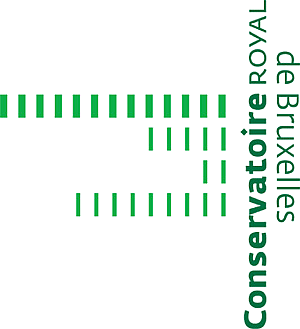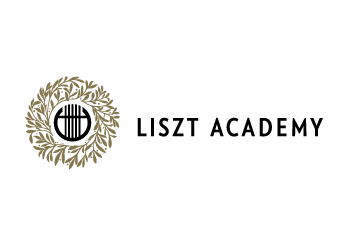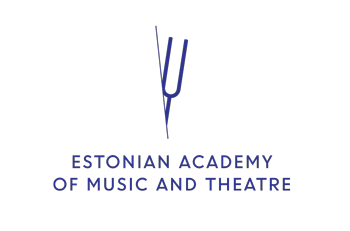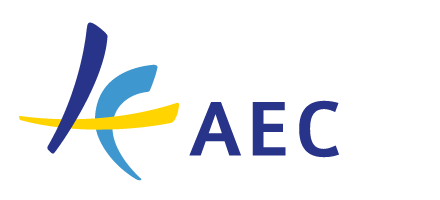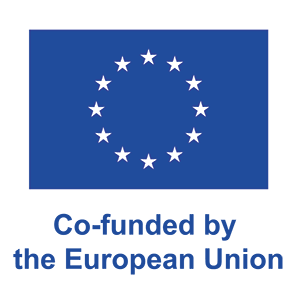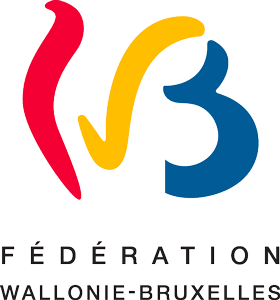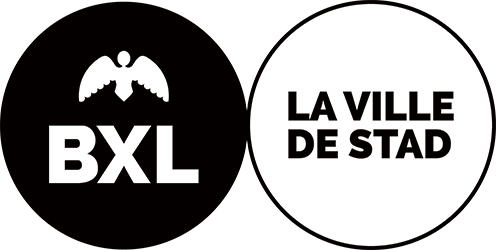The volume entitled Language, Structure, Musical Semantics in the Piano Sonatas of Russian Composers of the First Half of the 20th Century provides a general and detailed perspective on the sonata genre, in the work of composers Alexander Scriabin, Sergei Rachmaninoff, Sergei Prokofiev and Dmitri Shostakovich. Originating in the Western European musical tradition, the sonata remains a complex genre of academic type, which is difficult to submit to modal language, programmatic genres or folk influences. However, it acquired new expressive valences in the vision of composers from Russian musical culture, through the peculiarities of musical language (melodic, rhythmic, structural, but especially harmonic and writing), as it results from the analysis of the six sonatas approached in this scientific study. The structures of form encountered are different in principle of organization, harmonic language, degree of complexity, offering a broad and diverse perspective on the categories of form encountered and the particular adaptation in the work of the four Russian composers. The volume has a synthetic overview, being structured in the chronological order of the approached composers. In order to facilitate access to certain parts of the analyzed sonatas, we have specified in the Table of Contents the types of form corresponding to each movement or work, as the case may be, so that they can be approached according to the object of interest of the readers.
Be a part of our european project !
This European project (KA 203 Strategic Partnership) created by Salvatore Gioveni promotes cross-border collaboration in the field of Music Theory through sharing knowledge and transferring pedagogical innovation. It thus responds to a lack of centralised source and framework to deepen reflection by means of cross-disciplinary study at European and international level.
There is a significant wealth of educational practices from one country to another in this sector, especially in terms of harmonic musical notation and analysis. However, HMEI's are facing the nonexistence of a European network for pedagogical staff in Music Theory so far. To improve the situation, the project will among other things develop several intellectual outputs such as Online Platform (IO 1), an EU Bibliography (IO 2), a Repository Courses (IO 3), a Multilingual Glossary (IO 4) and an Exchange Online Learning Platform.
Besides the Conservatoire royal de Bruxelles as leader and manager of the project, the following partner institutions are involved: Music Academy S. Moniuszki Gdańsk (Gdańsk, Poland), F. Liszt Academy of Music Budapest (Budapest, Hungary), Estonian Academy for Music and Theatre (Tallinn, Estonia), HfMTh "Felix Mendelssohn Bartholdy" (Leipzig, Germany).
 | 2024
| 2024
